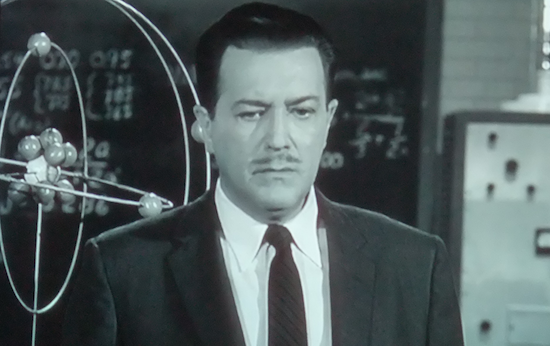Study: Dating Services’ “Scientific” Matching Systems Are Total Bunk
Most online dating sites like to try to give themselves a somewhat scientific, methodical veneer. However, a recent study concluded that dating sites as they currently exist are not scientific in the least bit. In fact, the study found that none adhered to any scientific methodology, and that their practices were flawed in principle and well as execution. Does this mean I need to stop obsessively checking OkCupid on my phone?
Now, before we go further, it’s important to note that the study does not evaluate whether or not online dating works. In fact, the study’s lead author Eli Finkel from Northwestern University is quoted by Eureka Alert as saying quite the opposite: “online dating is a marvelous addition to the ways in which singles can meet potential romantic partners.”
What’s at issue are the claims of sites which purport to use algorithmic, or scientific, matching systems. Most of these systems apparently rely on users self-reported answers to questions, or matching of key phrases. If you put on your profile that you like spear fishing and translating Linear A into Esperanto, dating services try to pair you with people who profess to the same interests.
How they do this is usually proprietary and kept secret. After all, the matching systems are generally all the dating services can claim as their own, unique property. Given this fact, Finkel and his team likely did not have access to matching systems and probably carried out their study by observing various dating sites. More information about the study should be available when it is printed in Psychological Science in the Public Interest.
The proprietary nature of the matching services sometimes leads companies to charge for their services. From their viewpoint, they are giving users access to their invention. Finkel’s study would seem to fly in the face of this notion, claiming that the systems are not actually doing anything.
However, it’s not just the implementation of these matching systems that Finkel objects to. He’s quoted as saying:
If dating sites want to claim that their matching algorithm is scientifically valid, they need to adhere to the standards of science, which is something they have uniformly failed to do. In fact, our report concludes that it is unlikely that their algorithms can work, even in principle, given the limitations of the sorts of matching procedures that these sites use.
In Finkel’s view, most matching services not only un-scientific, they ignore the characteristics that actually have been shown to make a “good match.” For instance, relationship scientists place emphasis on how people handle stressful situations — something Finkel says cannot be assessed by any current dating service.
This raises the question of whether or not online dating has any value, which I would argue that it does — but only if the users are willing to do the same work they would during an in-person encounter. At their core, dating sites are simply another place where everyone is ostensibly expecting the same thing. In a bar, it’s nerve wracking to try and connect with someone because its possible he or she isn’t interested in doing so. Dating websites lower that barrier somewhat, and while the information they gather may not be useful for assigning a match, it does allow people to learn something about each other without having to engage directly.
If anything, Finkel’s study is a reminder to take easy fixes with a grain of salt. Dating services don’t have cupid’s arrows at their disposal, but that doesn’t mean you can’t make them work for you.
(Eureka Alert via Gizmodo)
- OkCupid’s post on why you should never pay for online dating disappears…
- …right after OkCupid was purchased by Match.com
- Ever wonder how Facebook affects your relationships?
- JDate sues a bunch of dating sites for being dating sites
Have a tip we should know? tips@themarysue.com
